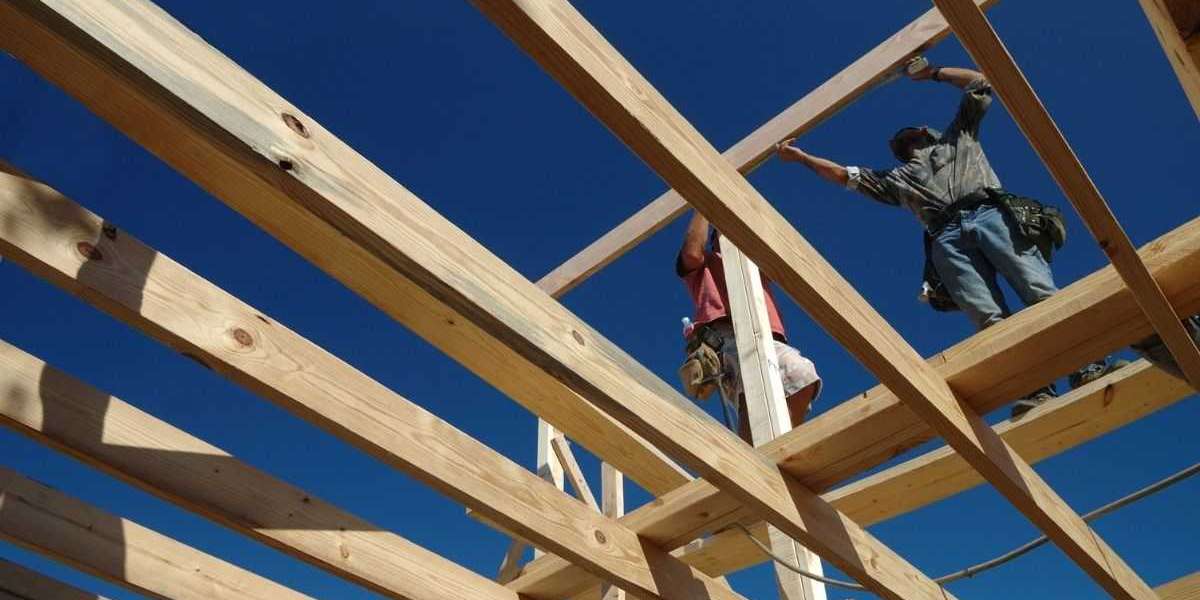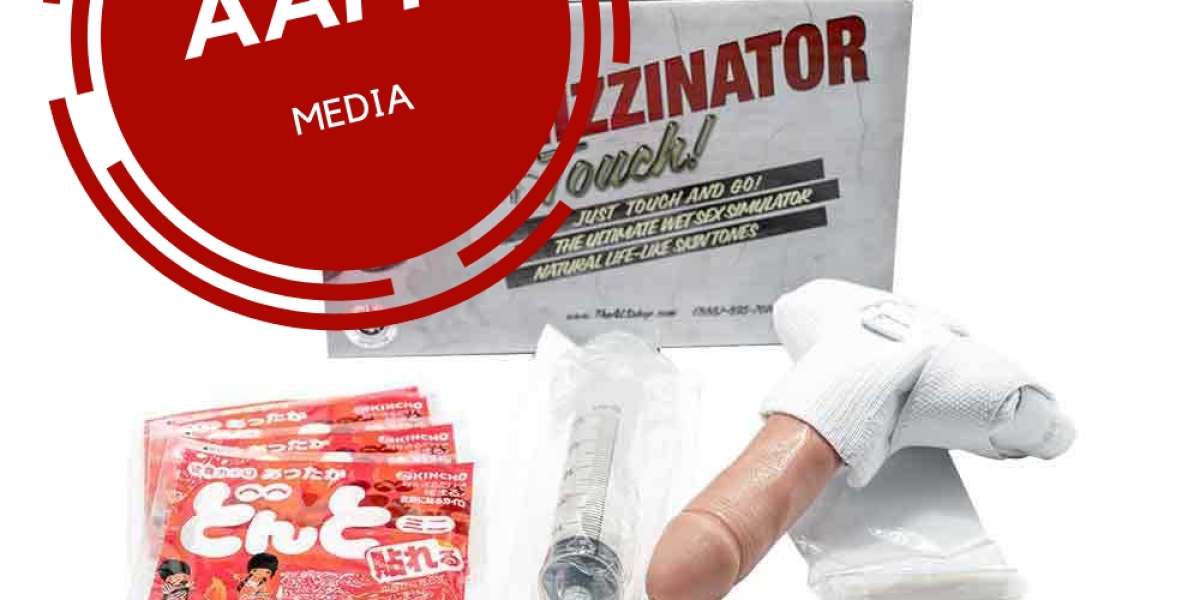Homeowner's insurance products provide protection for your new home investment for both you and your mortgage lender. Getting home insurance is sometimes forgotten on the lengthy list of tasks to complete before purchasing and moving into a new home. Although it shouldn't be a top priority, purchasing homeowners insurance prior to closing is a crucial step in the house buying process. Before permitting renters to move in, landlords could also demand that tenants provide documentation of their tenant insurance.
In most cases, homeowner's insurance is bought prior to a home's closing. Getting homeowners insurance protects a house against the financial burden of accidents like fires and busted pipes.
If an accident occurs, the insurance provider will cover the costs rather than the homeowner.
safeguarding both you and the lender
Similar to a car loan, if there is a mortgage on the asset, the person does not entirely own it. Your lender wants to know that their investment is secure after investing money to assist you in purchasing a new property.
The level of coverage needed by your lender may be different from that of other lenders. Without home insurance, the majority of financial institutions won't approve a mortgage or home equity line of credit. In fact, in addition to a fundamental homeowners policy, certain lenders may insist that you get additional insurance.
What Homeowner's Insurance Covers
There are some basic components that specify what costs the insurer will cover even though house insurance policies can be tailored.
Contents insurance covers the contents of the house as well as the building you are purchasing. For insurance purposes, the Insurance creating a comprehensive list of all the goods in your home and reviewing it annually when your policy is renewed. For special, valuable objects like antiques, artwork, jewellery, or technology as well as items that often leave the property like laptops and bikes, policies have riders or add-ons. If necessary, coverage for furniture and other belongings can be expanded. If your house is damaged, destroyed, or burglarized, carefully examine the worth of your valuables and decide if the suggested contents coverage is adequate.
Liability
In the event that someone is hurt on your property and sues you for medical expenses, liability coverage is typically included in basic homeowners policies to protect you from legal action.
Cost of Replacement
The cost of rebuilding differs from the value of your property, which is used to calculate property taxes. Even though the replacement cost of your house may be higher than the plan's maximum, your insurance policy should still cover the entire amount.
Some insurance policies feature a provision that provides for the rising cost of construction to reconstruct a home in the event of a disaster, as the cost of construction is continuing to rise due to rising costs of building materials and fossil fuels. "Extended replacement cost" refers to this. Normally, it covers up to 120 to 125 percent of the policy's maximum. Remember that a policy with a "guaranteed replacement cost" has no restrictions. It may be stated in some insurance that they cover "real cash value."
Cost of Replacement
The cost of rebuilding differs from the value of your property, which is used to calculate property taxes. Even though the replacement cost of your house may be higher than the plan's maximum, your insurance policy should still cover the entire amount.
Some insurance policies feature a provision that provides for the rising cost of construction to reconstruct a home in the event of a disaster, as the cost of construction is continuing to rise due to rising costs of building materials and fossil fuels. "Extended replacement cost" refers to this. Normally, it covers up to 120 to 125 percent of the policy's maximum. Remember that a policy with a "guaranteed replacement cost" has no restrictions. It may be stated in some insurance that they cover "real cash value."






